
The demand for small and compact crossovers is growing steadily each year. Buyers are drawn by the large cargo space, performance, efficient automatic transmission, and value for money.
Vehicle manufacturers often emphasize that crossovers have the same advantages as passenger cars, including reliability. But which of these cars should you go for if low maintenance is a priority? We've looked through the crossover market to find the most reliable ones.

Need help buying a used car?
Enter a VIN code to learn more about any vehicle!
How we made the list
It could be tough to predict the reliability of a specific model based on anecdotal evidence. However, professional dependability studies have methods to determine if the car you want will not cause problems in the future.
To create this list, we compared data from various sources, such as studies done by Consumer Reports, J.D. Power, What Car? and others. Hopefully this will help you choose a dependable crossover!
List of the most reliable crossovers
10. Tesla Model Y
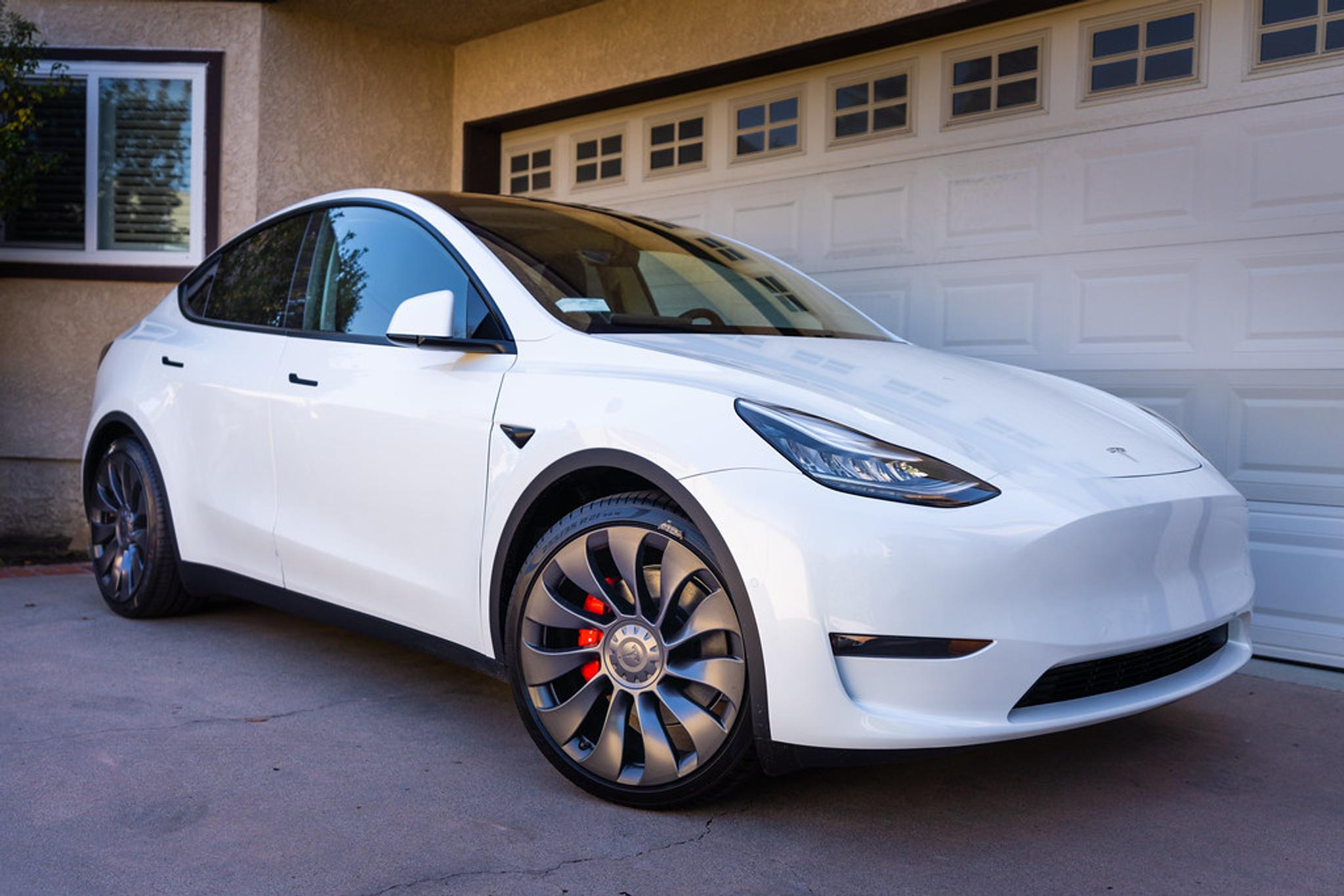
The Tesla Model Y is the marque’s best-selling model, offering the experience of future mobility. While it's not a perfect car, it can be a compelling option for those seeking good electric range and user-friendly technology.
While the Model Y is one of the most reliable crossovers, the newest addition to the Tesla model range does have a few problems. The National Highway Traffic Safety Administration (NHTSA) in 2022 recalled the Model Y six times, mainly due to electrical system problems.
However, the biggest headache for the Model Y owners is the 12-volt battery. The low voltage of the battery can cause a broad range of problems. If the vehicle's alarm starts to sound unexpectedly or the media control unit reboots itself randomly, check the state of the battery.
9. Infiniti QX50
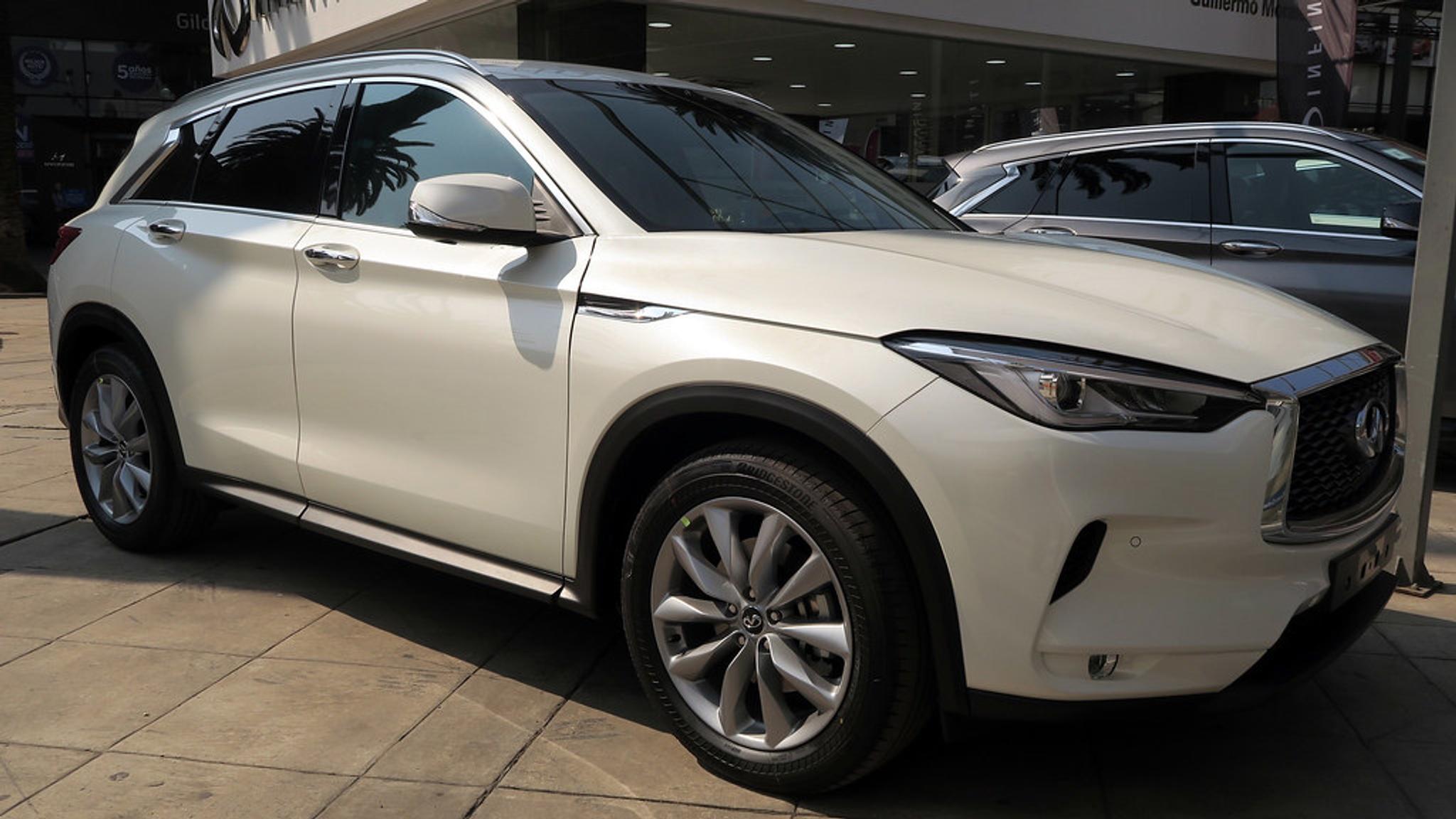
Beautiful inside and outside, equipped with a revolutionary engine and good performance, the QX50 still has a few shortcomings.
The biggest issue with the QX50 is the high-standards of other rivals, especially Lexus, which usually does better in most reliability studies. That said, the QX50 also offers praiseworthy dependability.
J.D. Power gave the QX50 a predicted reliability score of 77 out of 100. Although this model is relatively fresh, owners report only a single issue – the CVT transmission may have shifting delays, make a grinding noise, or jump during acceleration.
8. Mitsubishi Outlander Sport
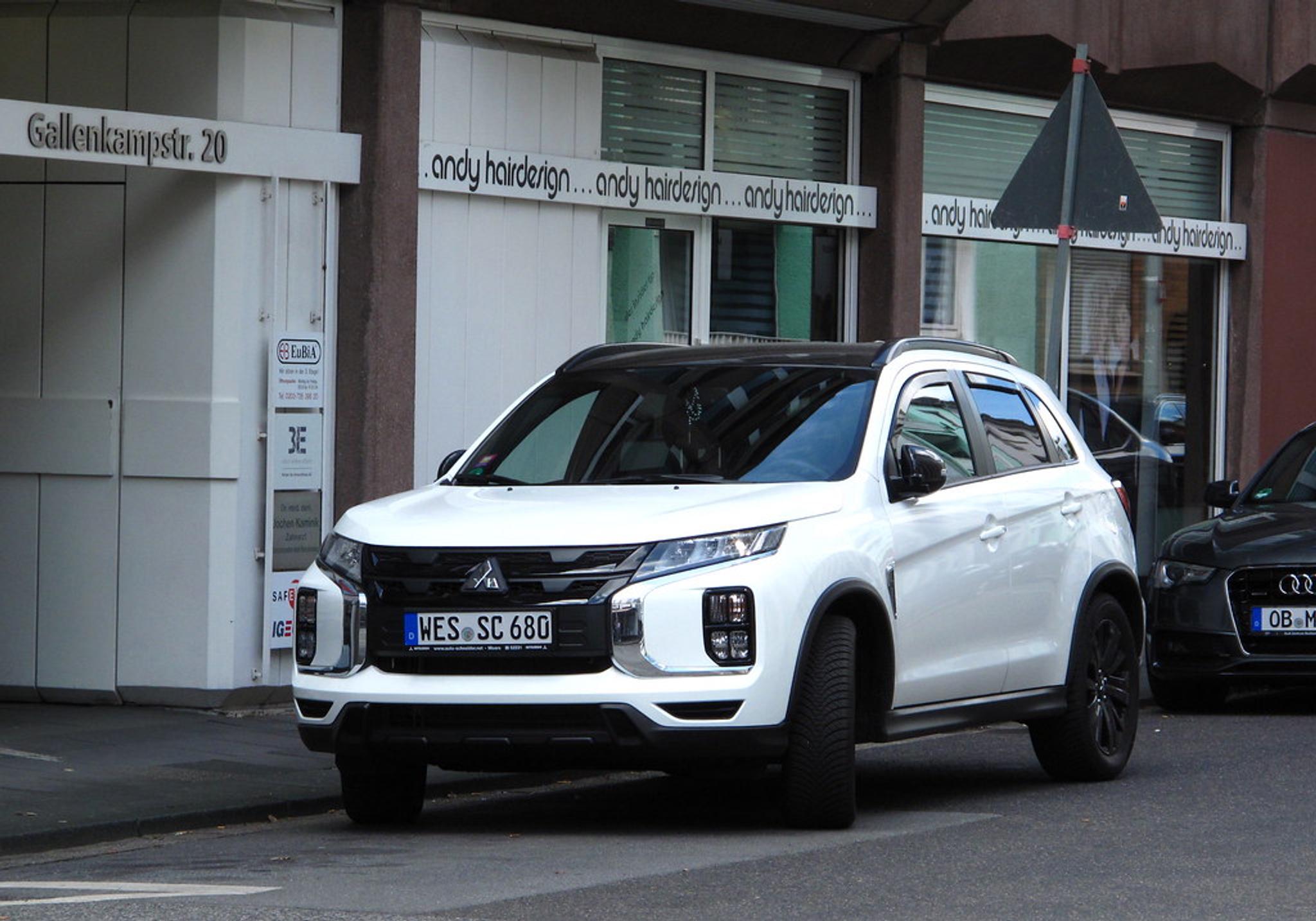
Theoretically, the Mitsubishi Outlander Sport (ASX in Europe) could be the best compact crossover on the market. It offers decent cargo space, an efficient engine, and a logically laid-out interior. Yet every modern feature, such as the infotainment system, feels sorely outdated.
While you can criticize Mitsubishi for its strategy and adamant views on equipment, it could be a huge advantage for buyers looking for reliable A to B transportation. Less complicated electronics certainly improve Mitsubishi's reliability rating. RepairPal gave this model a rating of 4.0 out of 5.0. Due to this high rating, Mitsubishi was placed 7th out of 26 in the compact crossover class.
The biggest dependability problem with these Mitsubishis is the poor protection from corrosion. While it may not be a problem in warmer parts of the world, it can become an issue after a few winters in the Eastern US or Canada.
7. BMW X1
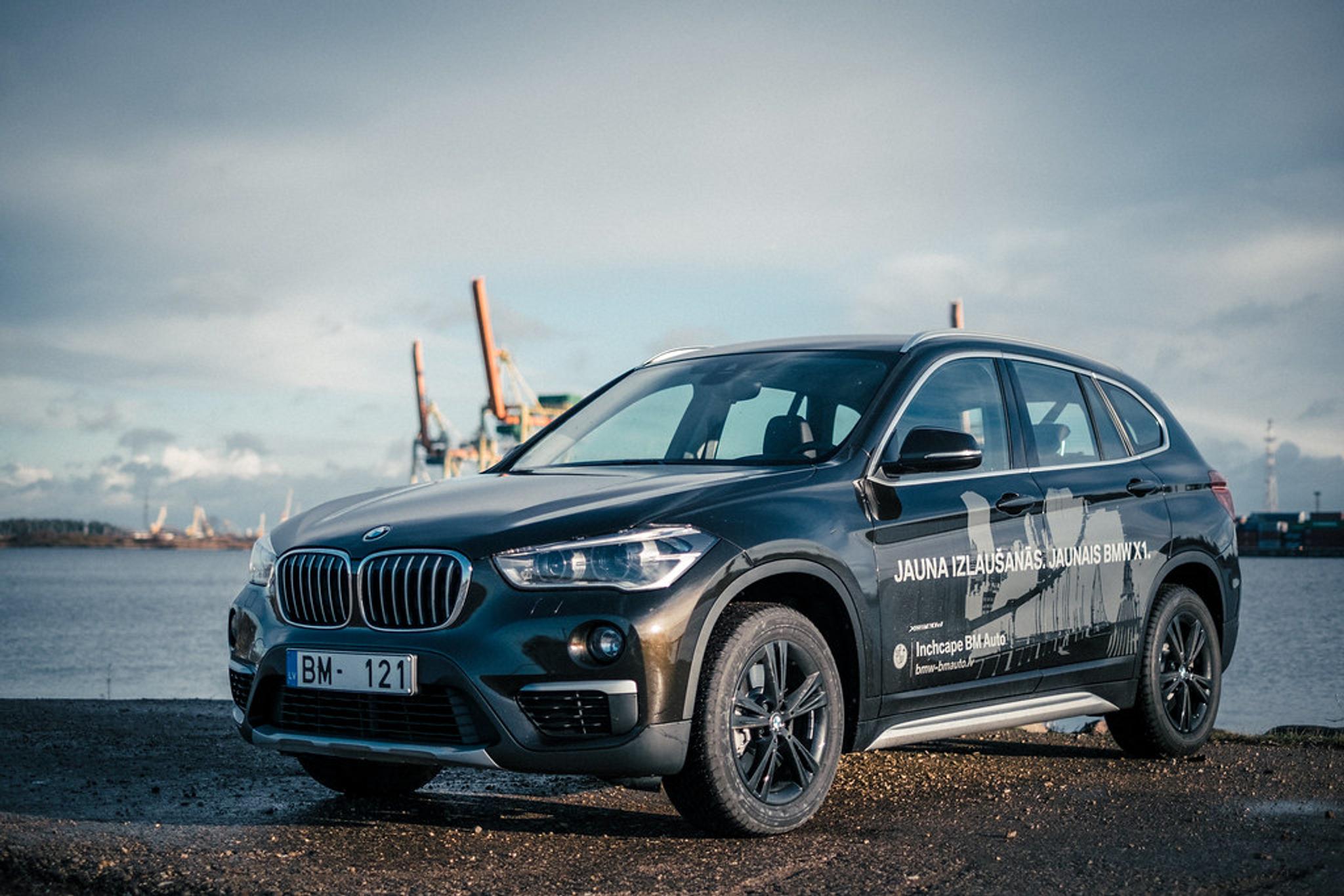
After the smallest BMW crossover entered its second generation, it abandoned the rear-wheel-drive configuration in favor of a much cheaper and safer (for most drivers) front-wheel-drive layout.
The BMW X1 has improved in many areas compared to the previous generation. This includes the performance, fuel economy, cabin space, and reliability.
In the What Car? vehicle dependability study, the BMW X1 scored a reliability rating of 98.4%, making it one of the most reliable vehicles in it’s class. Also, the study shows that BMW’s new generation of turbocharged engines no longer has problems with oil consumption and timing-chain issues. However, owners report premature wear of the brake pad, lower control arm, and/or bushing problems.
6. Mercedes-Benz GLC
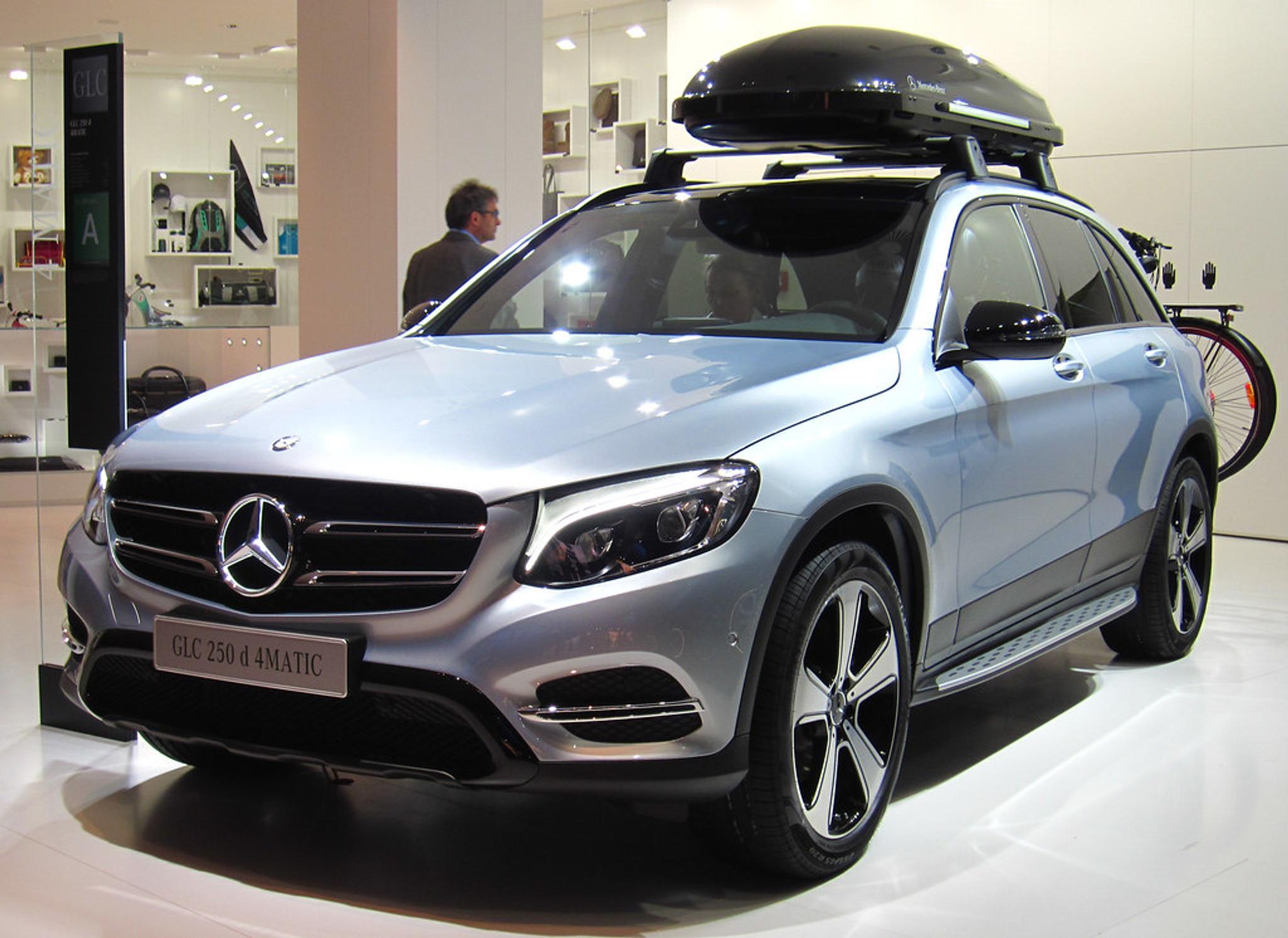
This critically-acclaimed luxury crossover has received widespread praise for its spacious interior, technology-driven features, and extensive engine lineup, including petrol, diesel, and even hybrid powertrains.
One of the most popular Mercedes-Benz models is also reliable. Over the last few years, the Mercedes-Benz GLC has been the forerunner on the TÜV Report survey, which rates the technical condition of cars in Germany. For vehicles two to three years old, the rate of significant defects in the Mercedes GLC is only 1.5 percent.
The biggest issue with the GLC is squealing brake pads and tire wear issues. Many owners report that their tires wear out at 20,000-30,000 miles.
5. Lexus UX
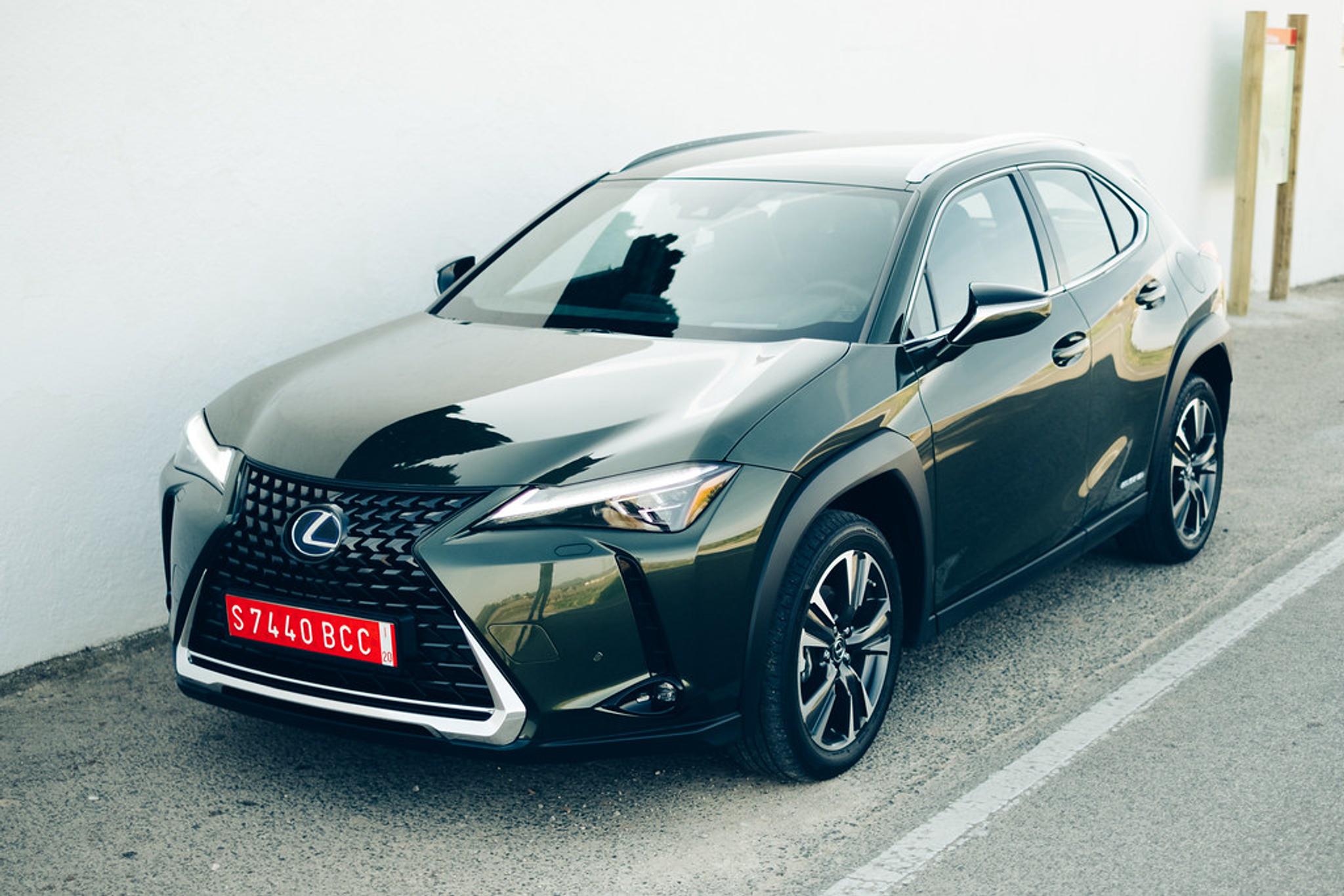
The Lexus UX is the cheapest way to enter the Lexus owners club. While this wording could sound mean, this compact Lexus crossover has its strengths.
Its hybrid powertrain will save you money on gas and the smooth handling will make driving in congested areas a breeze. The UX’s interior quality is also way better than other rivals, like the Audi Q3 and BMW X1.
Yet the UX's greatest strength is its reliability. According to research by What Car?, only 6% of Lexus models have had problems, but the UX crossover performs exceptionally even in that context. With a reliability rating of 99.8%, it was the highest-scoring hybrid on this study.
While most UXs are trouble-free, the most common issue with all Lexus vehicles is faulty 12-volt batteries that impact the hybrid powertrain and all-electric systems. Lexus is also still unable to resolve problems with the infotainment system – even the latest models have problems with freezing or a generally strange behavior.
4. Buick Encore
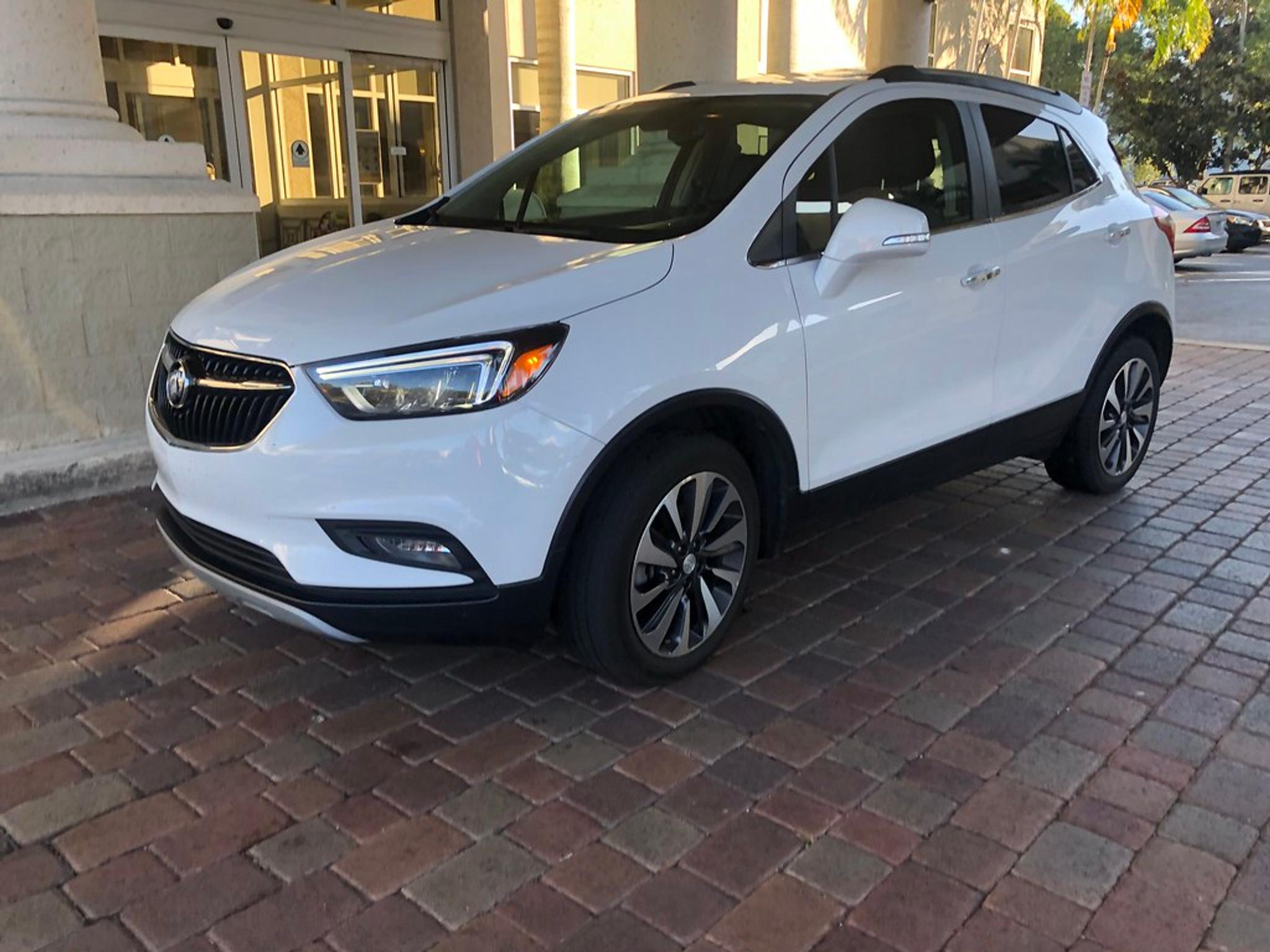
Compact crossovers have come to replace dull and not-so-stylish hatchbacks. Cars like the Buick Encore offer a more upright driving position, better ground clearance, roomy interior, and a rugged car look. With the Encore, however, and Buick more generally, it’s all about dependability.
For years, Buick ranked first in the J.D. Power initial quality study, making the marque's efforts to improve quality and reliability even more impressive. The Buick Encore crossover was very highly-rated in the small crossover category.
With that said, the Encore is not entirely without fault: some owners complain about inadequate engine power caused by a faulty throttle body or sensor. Also,the check engine light seems to act up for no apparent reason. If the latter happens to you, use a computer diagnostics tool to figure out the issue.
3. Honda HR-V
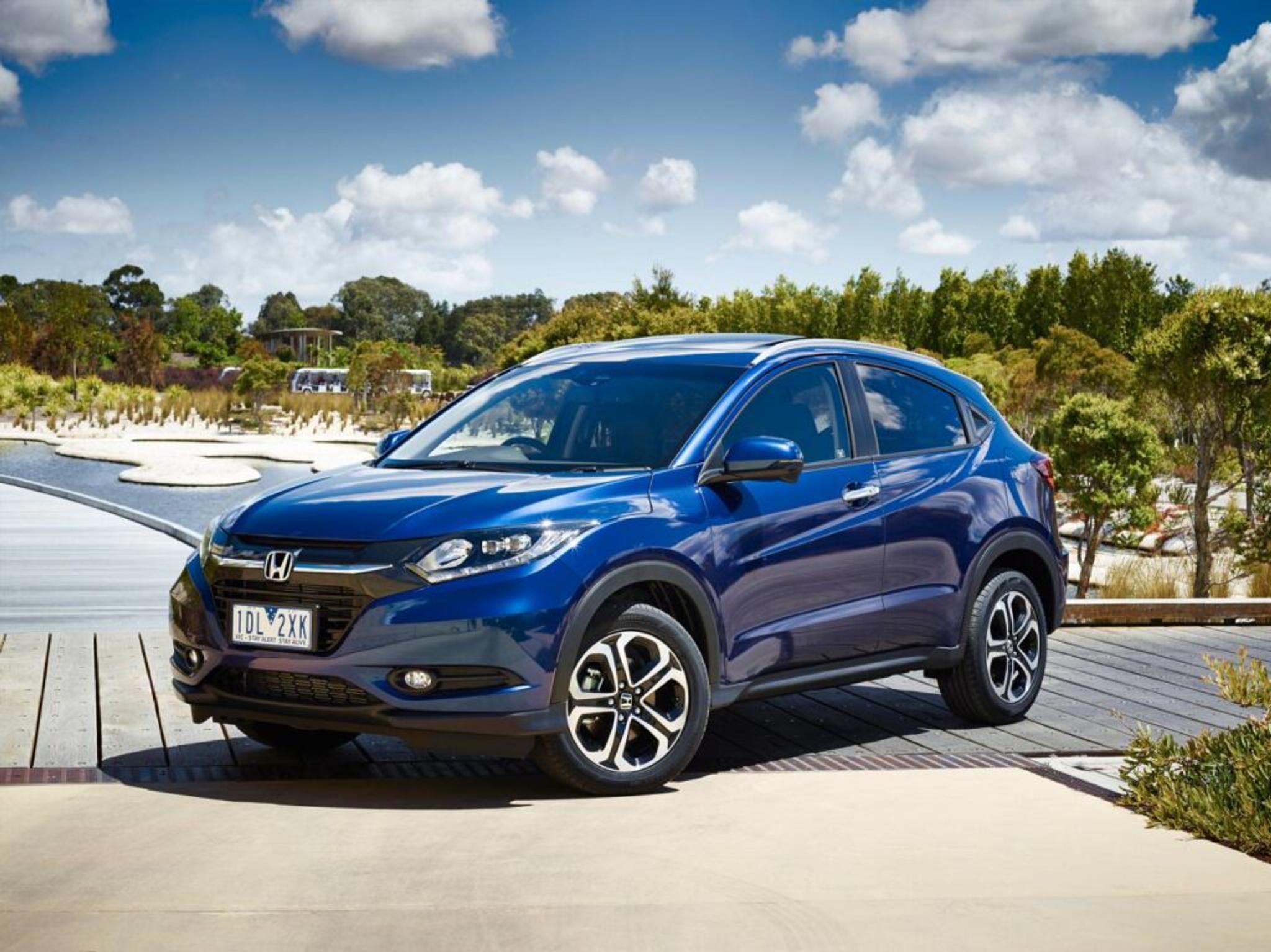
While the Honda HR-V isn’t the most exciting crossover in the world, it’s one of the most practical and intelligent vehicles around. Like other Honda vehicles, the HR-V has the Magic seat system that allows the lower part of the rear seat to be folded up to carry tall items – a unique feature in this class.
Still, the most appealing aspect of the HR-V is its strong reliability. RepairPal gave the Honda HR-V a maximum reliability rating of 5.0. Furthermore, RepairPal estimates the HR-V's annual repair costs at just $301 per year.
Some HR-V owners complain about thin body paint, leading to corrosion issues. There are also known problems with the transmission. If the car hesitates when shifting gears or makes grinding noise, you should check the vehicle's transmission immediately.
2. Mazda CX-5
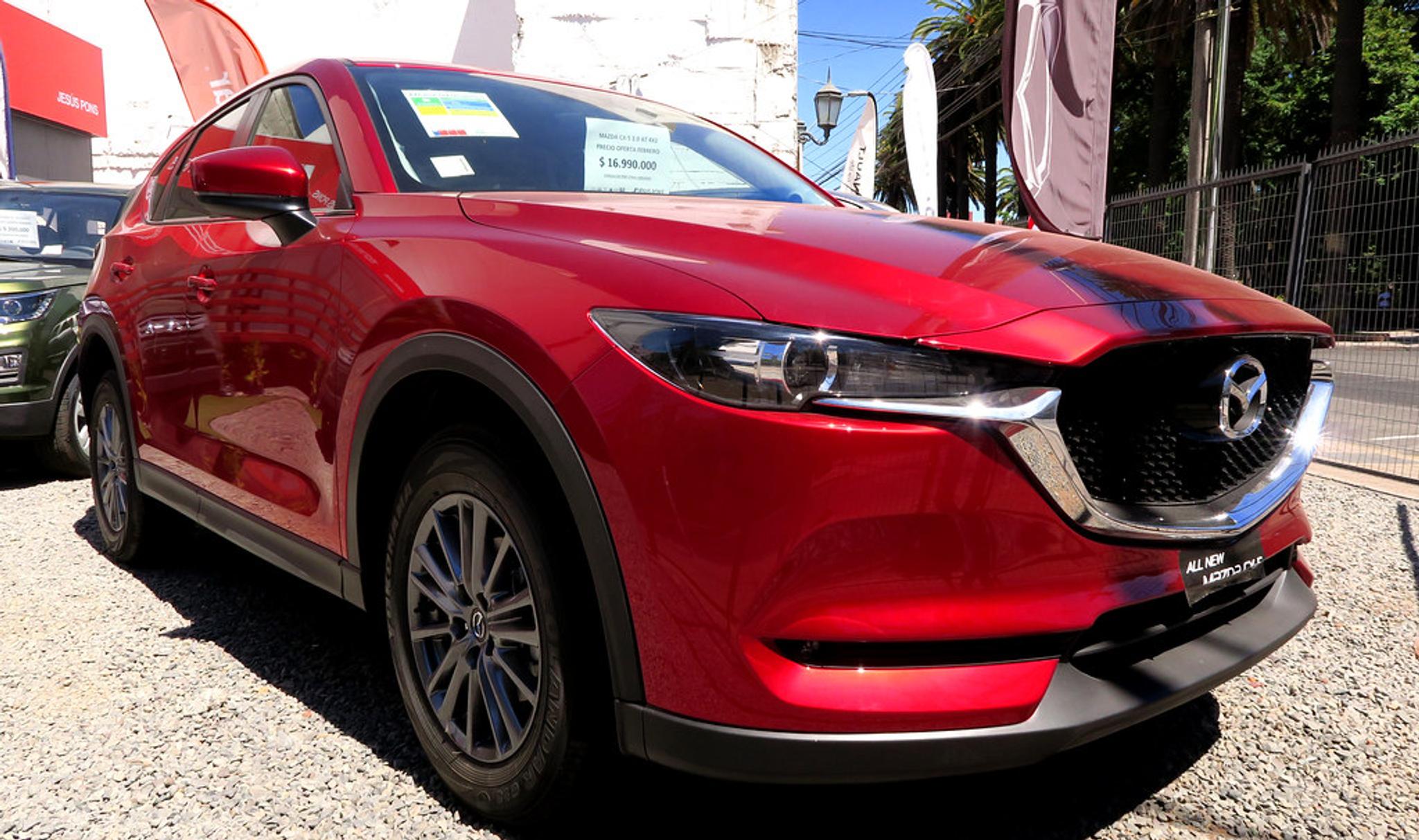
Mazda always wants to highlight the close connection between the car and the driver. Although the Mazda CX-5 isn't as light as the MX-5 roadster, it drives like an athlete carrying toddlers on its shoulders.
Furthermore, the CX-5 is one of the most reliable cars around. In the Consumer Report dependability survey, the Mazda CX-5 came in second on the Compact Sport Utility vehicles list. Also, the CX-5 scored a maximum five-star rating for its predicted reliability.
To this day, the most common complaint about the Mazda CX-5 is the daytime running LED lights or blinkers that are known to flicker before failing. Mazda has admitted that the sealing gaskets attached to the light's wiring connectors release sulfur, corroding the circuit.
1. Toyota RAV4
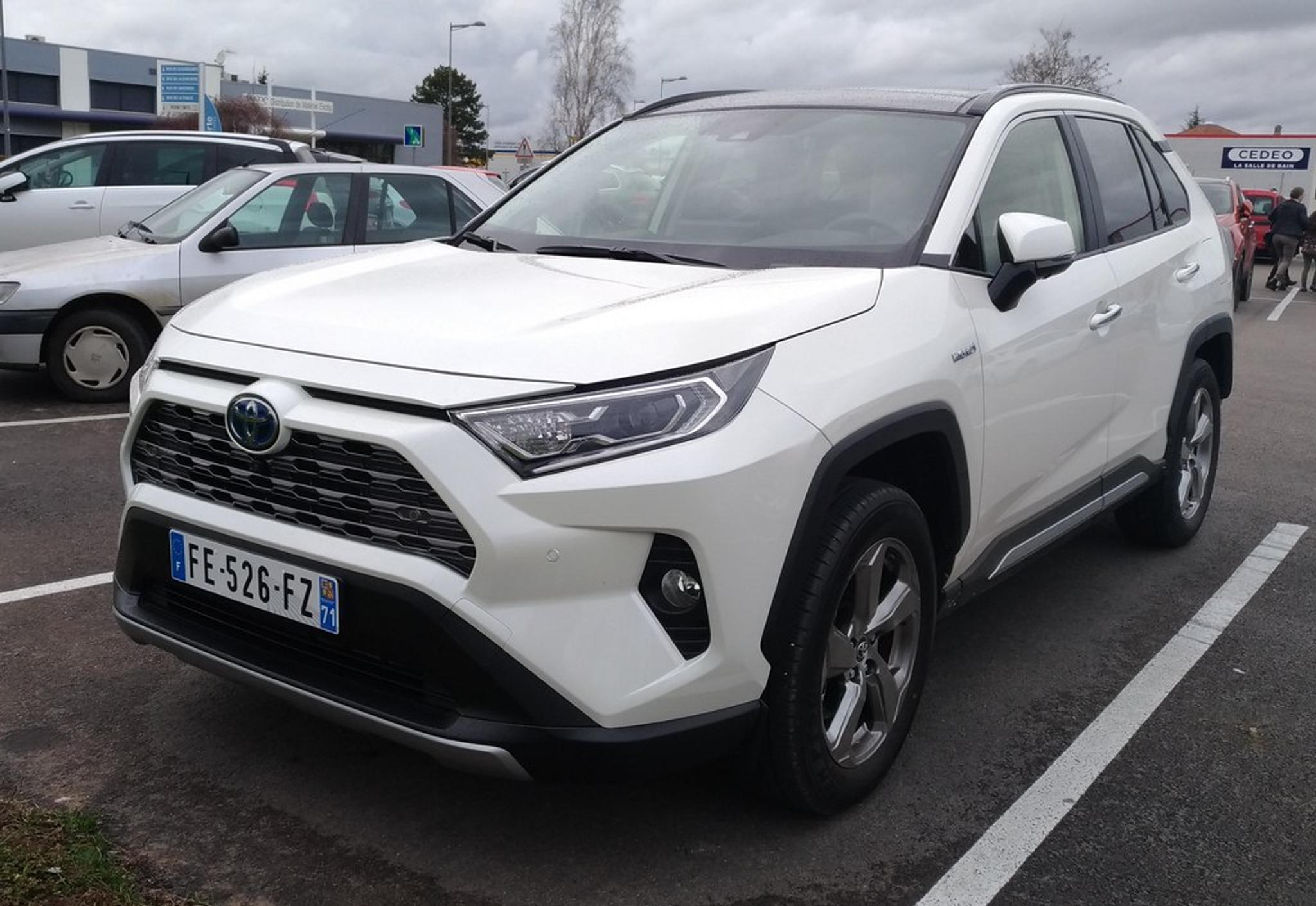
The Toyota RAV4 is the company's bestseller in various parts of the world. Passengers are pleased with the rear-seat space and easy-to-use infotainment system, while drivers are delighted with the engine performance and reliability.
According to a reliability survey by What Car?, the RAV4 is among the most reliable vehicles anyone can purchase. It also scores highly in predicted reliability ratings from J.D. Power, and RepairPal has ranked it among the top 3 most reliable crossover vehicles.
Despite impressive reliability ratings, the RAV4 has a problem with the evaporative system vapor canisters, which owners may have to replace. Another problem that annoys Toyota RAV4 owners is faulty fuel gauges, which may cause them to misjudge how far their vehicle can go without refueling. Other than that, the RAV4 is one of the most reliable cars available.
Why is it called a crossover car?
As the name suggests, a crossover is a unique vehicle body type that combines the high seating position of an SUV with the comfort, drivability, tech, and speed of a passenger car.
Depending on the market, crossovers are classified into two sizes: subcompact and compact.
Subcompact crossovers typically have a length of less than 4.4 meters and usually share the underpinnings of small hatchbacks. For example, the Honda HR-V shares a platform with the Honda Fit/Jazz, and the Nissan Juke shares a platform with the Nissan Micra.
The more popular compact crossover segment is typically defined by dimensions ranging from 4.3 to 4.7 meters. These large differences can be explained by an attempt to create five or seven-seat crossovers at various price points. Size and price differences can be seen in well-known models like the Audi Q3, Toyota RAV4, and Nissan Rogue/X-Trail.
What are the advantages of a crossover vehicle?
A crossover provides drivers with an upright seating position (which can help with outward visibility), a spacious cabin, good safety ratings, and various useful features.
Crossovers adopt passenger car platforms, therefore they drive more like passenger cars than SUVs. Being behind the wheel of a crossover may feel like driving a tall wagon.
When compared to SUVs, crossovers are much more maneuverable in cities and narrow parking spaces. They’re more comfortable to drive and have better handling than SUVs, making them ideal for commuting.
Of course, you give up some of the ability to tackle challenging off-road routes or tow large loads in exchange for this, but as successful crossover sales demonstrate, many car buyers are willing to make this sacrifice.
Big or small – every vehicle has a history
There are a few ways to improve your used vehicle buying experience. One of them is using tips from our used vehicle buying guide. Another and much more straightforward is getting a vehicle history report and letting us do your work for you.
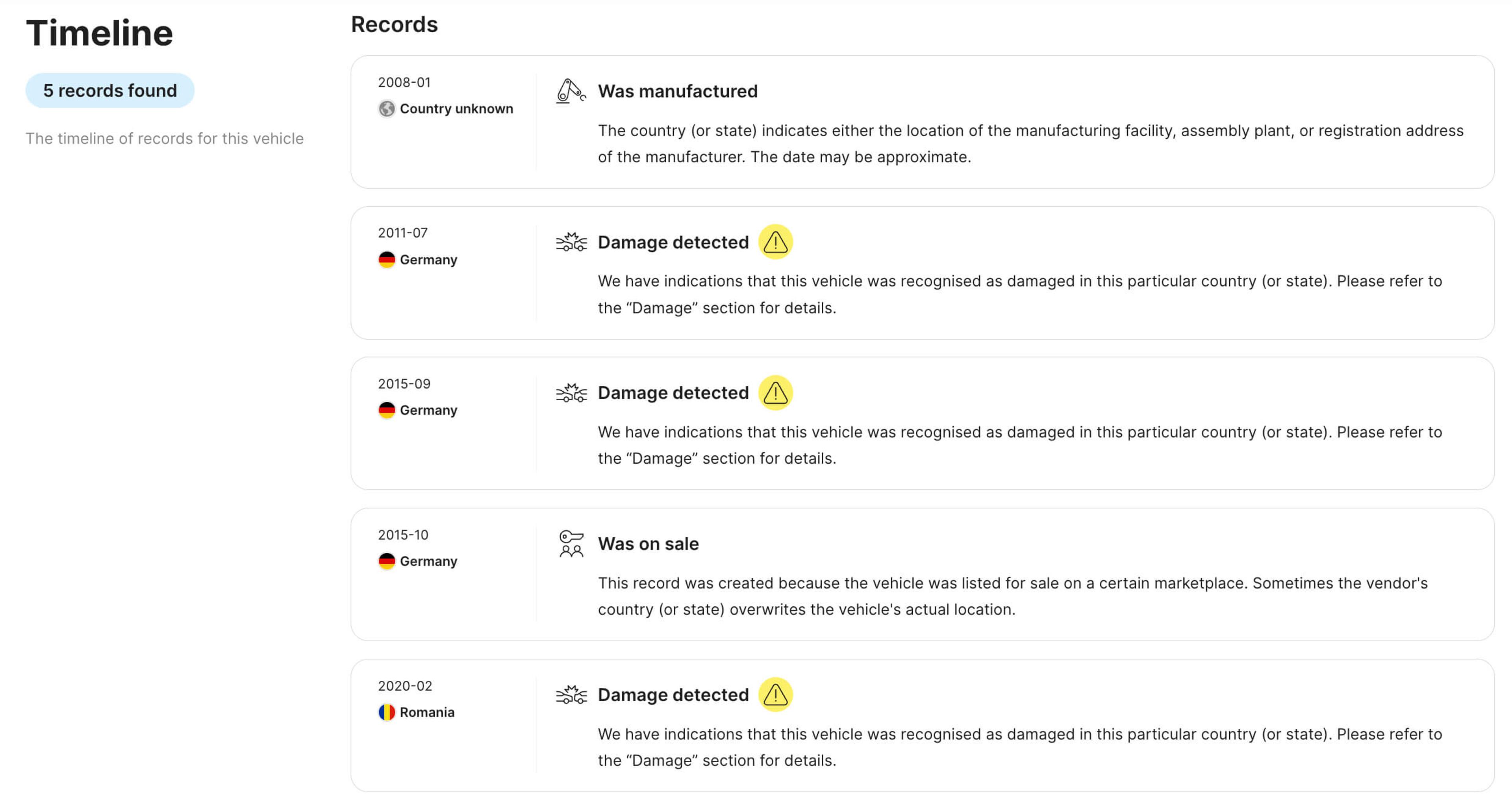
A thorough carVertical vehicle history report will help you understand what a car has been through and alert you to any worrying secrets. By simply entering a car's VIN into the VIN decoder, you can learn about:
- Original specifications and equipment of a car
- Past damages
- Theft records (if any)
- Odometer records (any mileage rollbacks?)
- Financial and legal status of a vehicle
- Vehicle's market value, and more.
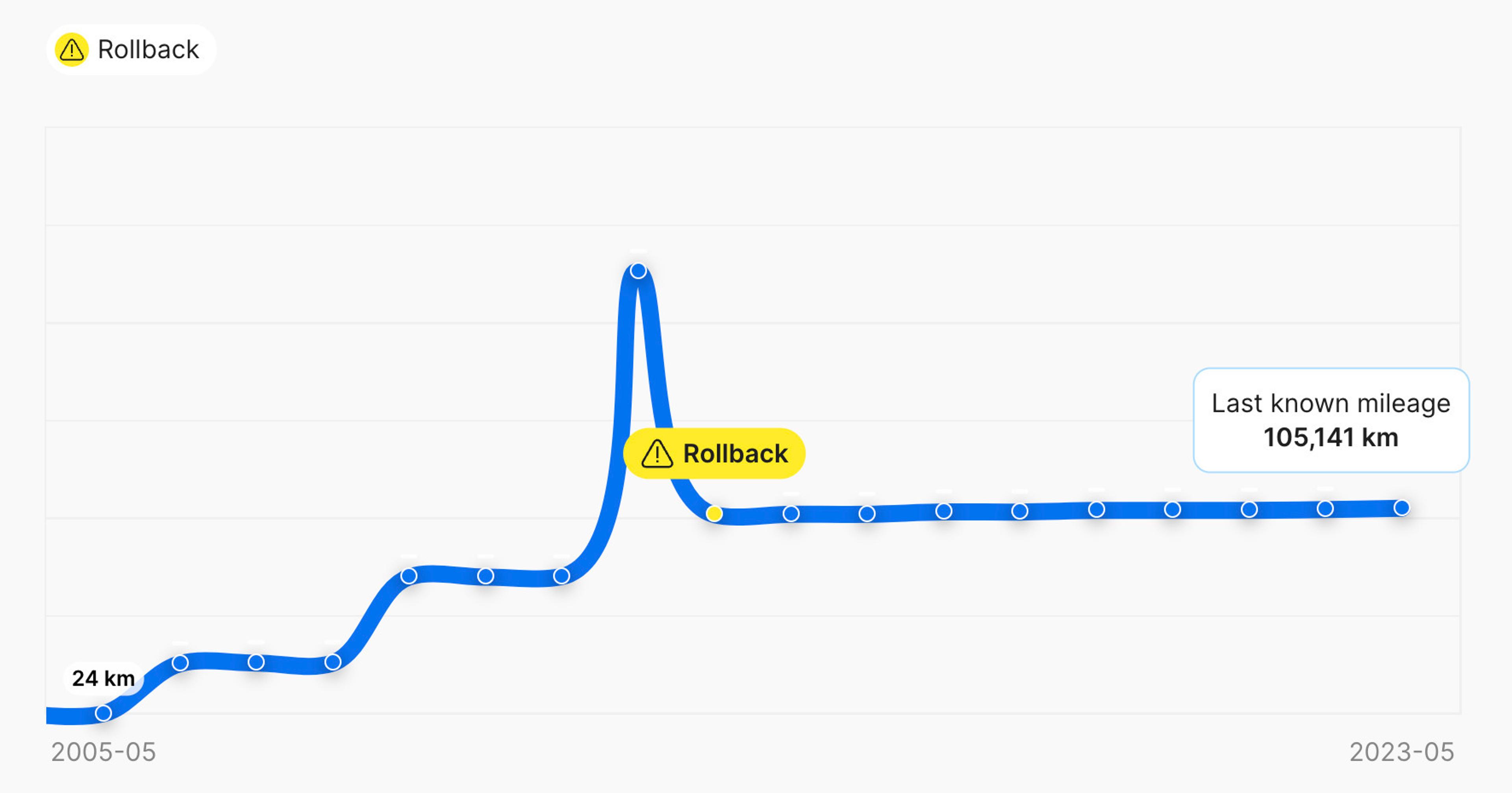
After all, you wouldn't want to fall victim to scams on the used car market.

Check your registration number
Avoid costly problems by checking a vehicle's history. Get a report instantly!
Frequently asked questions

Article by
Aivaras Grigelevičius
Aivaras has been excited about cars since he was a little kid. Later, this passion for drivable objects (and everything that surrounds them) grew into work as an automotive journalist. Since then, Aivaras has written for several different magazines, covering anything with an accelerator pedal. He has a soft spot for cars with an Alfa Romeo badge.
